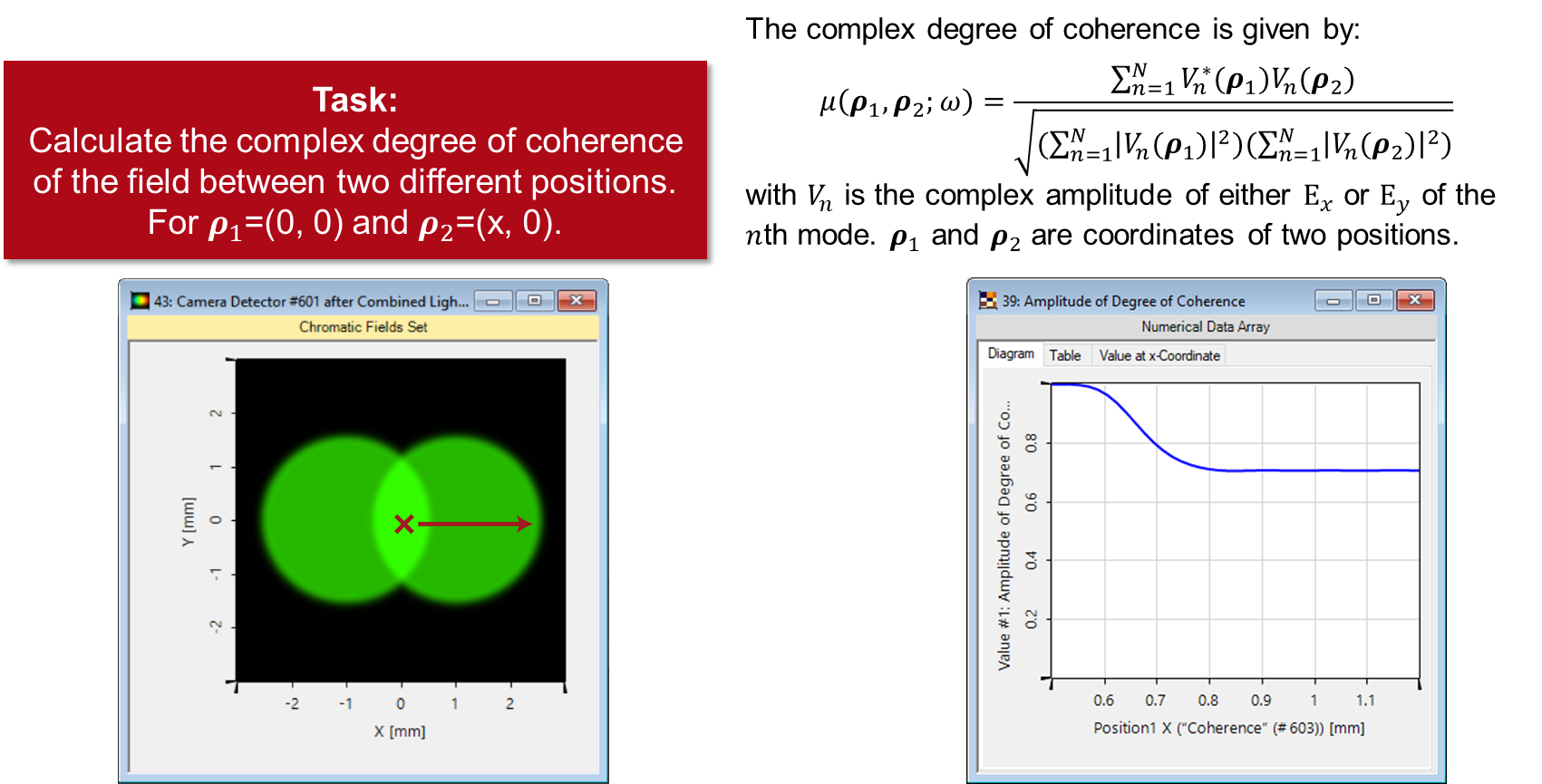
Once we know about anchoring, we can better self-regulate against it. In a systematic review of the literature, one study concludes that first impressions can create diagnosis anchoring points in medicine, making it more difficult to diagnose. #4: Medical diagnoses: Doctors are not immune to cognitive biases either. While additional information may factor in some adjustments, the original anchor can still exert significant influence over valuations. #3: Investing: Investors may hold investments that have lost value because the original purchase price serves as an anchor. (A practical word of caution here: absurd offers will be laughed out of town.) Studies suggest that there is stronger probability of a higher salary offer when starting with a more extreme higher anchor. #2: Salary negotiations: The starting offer in salary negotiations serves as an anchor for subsequent offers. Anchoring and adjustment can therefore leave us overpaying or stretching our profits, depending on which side we fall on. Numerous studies have shown that when given different list prices, average estimates of the real value of items can be skewed. #1: List prices: The recommended retail price (RRP) or list price of a product is an immediate anchor. If we’re aware of this bias, we’re far less likely to fall into these traps, deliberately set or not.īut when they are not arbitrary, anchors can be equally – if not more – potent. The short answer is that cases of arbitrary coherence matter because they demonstrate that our choices are more malleable than we think. And even if we did, why does this really matter? In the real world, of course, we’re unlikely to play on roulette wheels and then take geopolitical trivia questions. Those who landed on 10 guessed on average 25% and those who landed on 65 guessed on average 45%. Again, a completely unconnected anchor influenced decisions. One of the seminal studies by Amos Tversky and Daniel Kahneman fixed a roulette wheel to only land on 10 or 65 and then asked participants to estimate the percentage of the United Nations that were African nations. The effect has been demonstrated across a multitude of studies. As the students demonstrated, these adjustments are often insufficient and leave an estimation that gives the initial anchor undue influence. According to this heuristic, we start with a reference point (or anchor) and then make adjustments to that reference point based on additional information in order to reach our estimate or choice.


The students were exhibiting a psychological heuristic known as anchoring and adjustment. An arbitrary anchor seemed to be influencing bidding on completely unrelated objects – a phenomenon psychologists call arbitrary coherence. Students with higher social security digits bid nearly twice as much as students with lower social security digits. The same process is followed for five other products. Then, in a subsequent auction, students are asked to bid on the wine. Students are then asked to write down the last two digits of their social security number and decide if they would spend that amount on the wine. A professor takes out a bottle of wine and places it on a table.
#Arbitrary coherence series#
In a series of six experiments, they wanted to explore how arbitrary anchors could influence unrelated decisions. In 2003, Dan Ariely, George Loewenstein and Drazen Prelec published an intriguing study in The Quarterly Journal of Economics. Anchoring, Adjustment and Arbitrary Coherence And as psychologists have shown for decades, some of these anchors can be a force for irrationality. They serve as one of the most useful internal devices we have for keeping the past alive in our minds.īut anchors also have a near-term role, serving as an initial reference point for estimates and choices. Like checkpoints on a long road, such anchors are dotted throughout the timelines of our lives. As we try to recall life events that took place, their parallel position with the unusual events in the external world will make them easier to remember. When you think about how you might remember in the future, this is why particular months of 2020 may serve a universal recall role for billions. Novelty makes these hooks all the more effective. The trick, Foer suggests, is that we need “associational hooks” for memories to stick to.


Joshua Foer eloquently explains this phenomenon in Moonwalking with Einstein, a book about the science of memory and how someone ordinary (the author in this case) can develop extraordinary capacities to remember. That forgettable office routine blurs into a speedy haze of months and years without anything to connect the long-term memory dots. When our days pass without distinguishing characteristics from one another, time gets turbo charged. They have a downright unfair relationship with time.


 0 kommentar(er)
0 kommentar(er)
